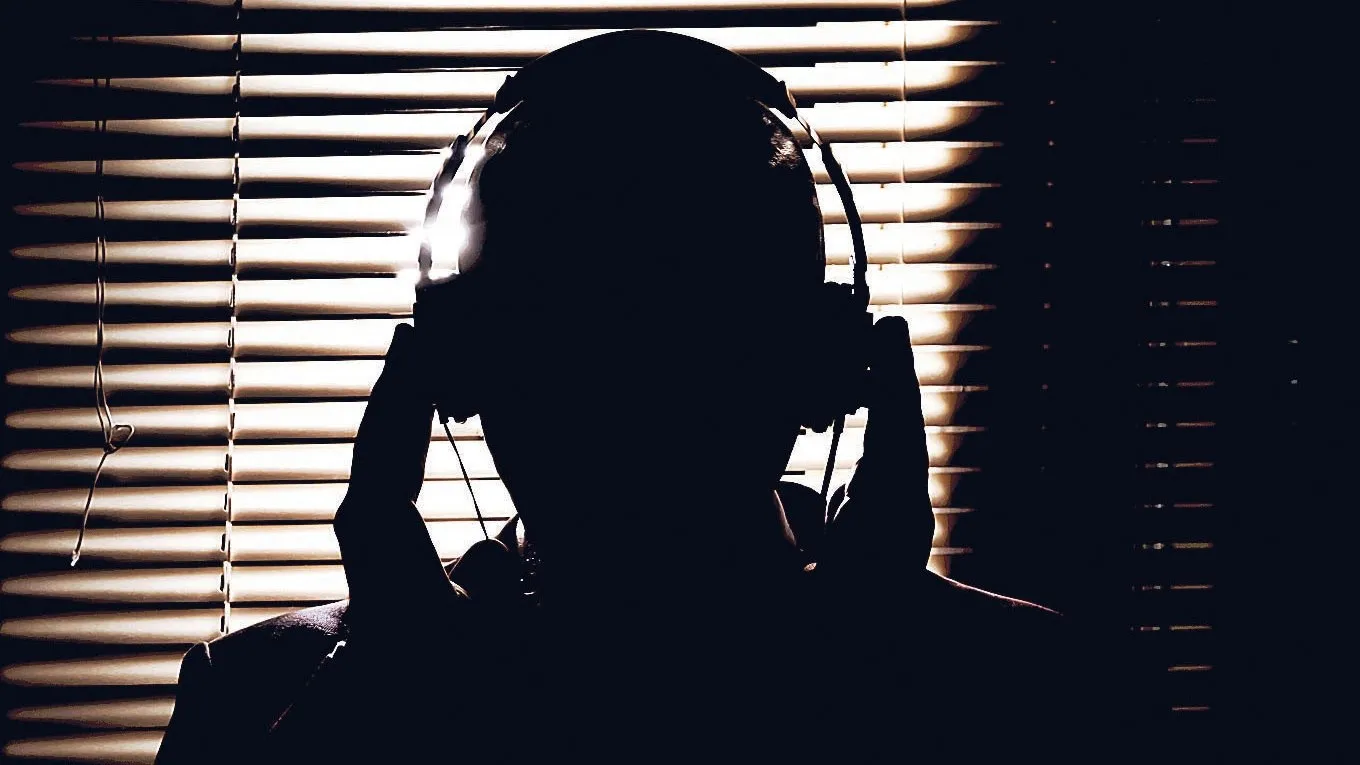With a reform to the Telecommunications Tapping Law, the Salvadoran Government intends that the Attorney General’s Office (FGR) will not be subject to audits in the use of this investigation mechanism and to declare as “reserved” all special reports made to this institution, in charge of wiretapping citizens.
The reform includes a modification to article 33 of this law to eliminate the obligation of the Procuraduría para la Defensa de Los Derechos Humanos (PDDH) to audit the Centro de Intervención de las Telecomunicaciones, an entity attached to the FGR in charge of executing the tapping of telecommunications, authorized in turn by judges.
With this reform, the PDDH will only be able to issue audits “by reasoned resolution” in specific cases already in court; or ex officio when there is a violation of the right to privacy.
In any case, these audit reports “will be of a reserved nature” and sent to the Attorney General so that he may determine whether or not to initiate legal action. Currently, both the audits to the Intervention Center and the special reports are sent to the Legislation Committee of the Legislative Assembly.
Carlos Palomo, president of the Asociación Transparencia, Contraloría Social y Datos Abiertos (Tracoda), assures that the reform broadens the catalog of crimes in which telecommunications can be tapped, such as violence against women and the disappearance of persons; however, he also warns of risks due to the elimination of audits.
He warned that the abuses of the FGR’s Intervention Center have been documented, so the controls should be increased, not eliminated. Furthermore, he said, this control process should be carried out periodically by independent institutions.
Palomo is also concerned that the PDDH reports are only known by the Attorney General, as this makes the official “judge and party” in cases of human rights violations of persons intervened by the State.
Gobierno pide eliminar controles a la escucha telefónica
Con una reforma a la Ley de Intervención a las Telecomunicaciones, el Gobierno salvadoreño pretende que la Fiscalía General de la República (FGR) no sea sometida a auditorías en el uso de este mecanismo de investigación, y declarar como “reservados” todos los informes especiales hechos a esta institución, encargada de las escuchas telefónicas a los ciudadanos.
La reforma incluye una modificación al artículo 33 de esta ley para eliminar la obligación de la Procuraduría para la Defensa de los Derechos Humanos (PDDH) de practicar auditorías al Centro de Intervención de las Telecomunicaciones, un ente adscrito a la FGR encargado de ejecutar la intervención de telecomunicaciones, autorizadas a su vez por jueces.
Con esta reforma, la PDDH únicamente podrá emitir auditorías “por resolución fundamentada”, en casos específicos que ya estén judicializados; o de oficio cuando haya una violación al derecho de intimidad.
En todo caso, estos informes de auditorías “serán de carácter reservado” y remitidos al Fiscal General, para que él determine si se inicia o no una acción legal. Actualmente, tanto las auditorías al Centro de Intervención como los informes especiales son remitidos a la Comisión de Legislación de la Asamblea Legislativa.
Carlos Palomo, presidente de la Asociación Transparencia, Contraloría Social y Datos Abiertos (Tracoda), asegura que la reforma amplía el catálogo de delitos en los que se pueden intervenir las telecomunicaciones, como la violencia contra la mujer y la desaparición de personas; sin embargo, también advierte riesgos por la eliminación de las auditorías.
Advirtió que los abusos del Centro de Intervención de la FGR han sido documentados, por lo que los controles deberían aumentarse, no eliminarse. Además, dijo, este proceso de control debería realizarse periódicamente, por instituciones independientes.
Palomo también ve con preocupación que los informes de la PDDH solo sean conocidos por el fiscal general, pues esto vuelve al funcionario “juez y parte” en los casos donde ocurran violaciones a derechos humanos de las personas intervenidas por el Estado.

